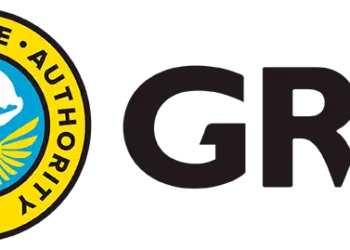Interest rates inched up to 33% to reflect surging inflation and the rapid depreciation of the cedi.
The increase in interest rates is however lower than the current inflation of 37.2% and the rate of cedi depreciation which is more than 50%.
This means the real rate of return of the short-term securities for investors is still negative.
Again, the lower yields of the Treasury bills compared to the rates of inflation and the cedi depreciation make it unattractive for investors to purchase the cedi denominated assets
Once again, the sale of Treasury bills by government was undersubscribed for the second consecutive week by 16%.
According to the auctioning results by the Bank of Ghana, the interest rate on the 91-day T-bills went up by 0.76% to 32.15%.
That of the 182-day T-bill also hit 33.07%, from 32.23% the previous week.
The results also showed that the government secured a total of ¢1.31 billion from the sale of the short-term instruments, against a target of ¢1.56 billion.
Some market watchers may attribute the under-subscription of the financial instruments to liquidity challenges within the economy.
The rising interest rates means government will pay more for interest payments this year.
| Securities | Bids Tendered (GH¢) | Bids Accepted (GH¢) |
| 91 Day Bill | 1.142 billion | 1.142 billion |
| 182 Day Bill | 167.4 million | 167.41million |
| Total | 1.309 billion | 1.309 billion |
| Target | 1.561 billion | 1.561 billion |
SEND A STORY: Do you have a story for us or need a promotion / advertisement? Submit them via our email dannyboy744@gmail.com and via on +233 266777777
















